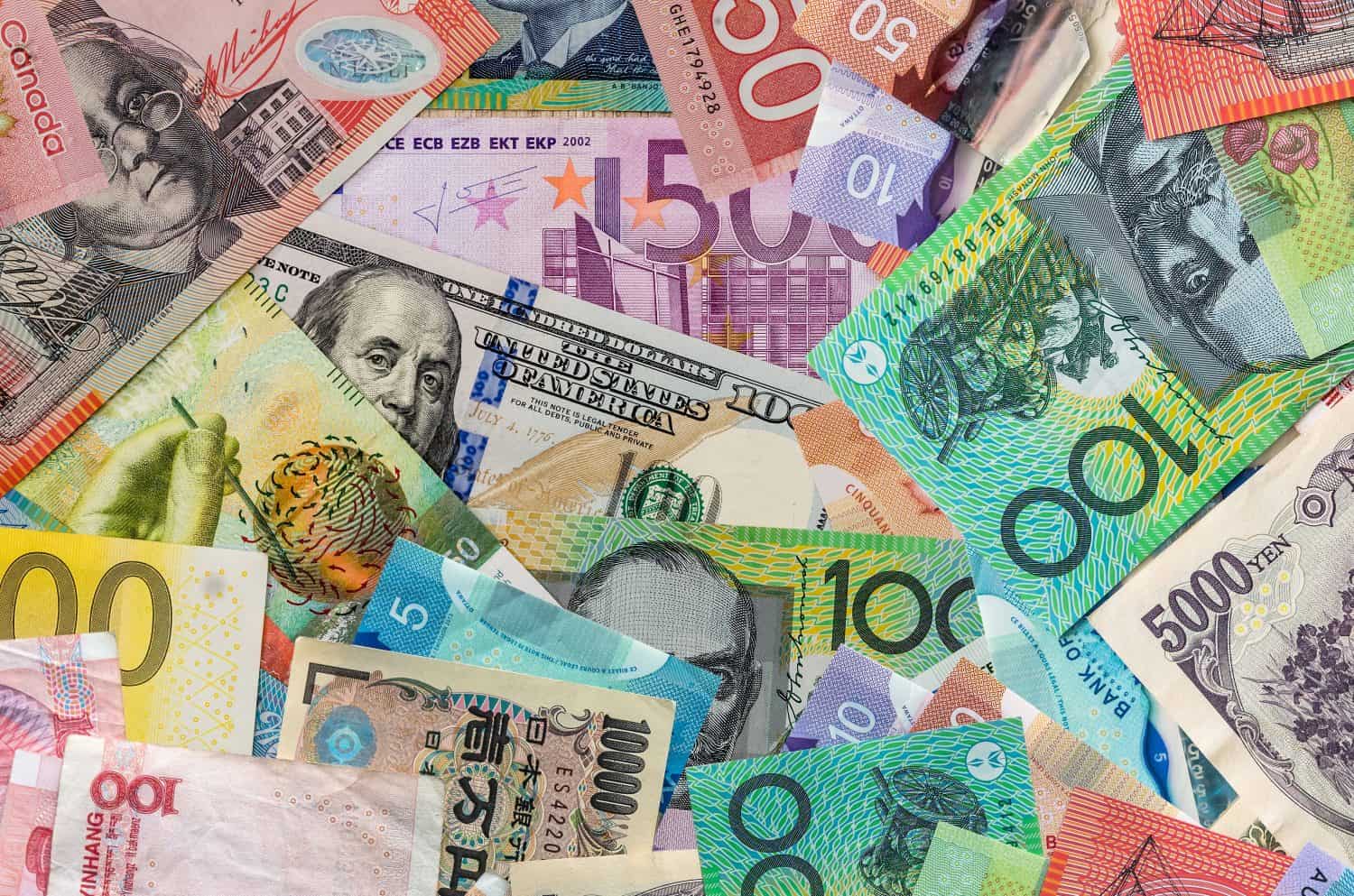
In the world today there are about 180 different currencies in use. Some outvalue the dollar while others are literally not worth the paper they’re printed on. In countries experiencing high inflation, people try to change their local money over to a stable and well-established currency, like the dollar or Euro, so that it will not lose its purchasing power. Investors also trade in international currencies to try to make a profit on their fluctuations in response to economic trends and world events. Banks and governments prefer to hold currency reserves in stable currencies that will keep their value. So what are the most stable and desirable currencies in the world . . . and what happens if the world’s most popular reserve currency collapses?
24/7 Wall St. Insights
- The currencies of the major industrialized countries are the most stable in the world.
- A collapse in a major reserve currency would lower the standard of living and restructure the economy of the country that owned it in several ways.
- Also: 2 Dividend Legends To Hold Forever
Following are the currencies in the world that are considered the most stable today. These are listed in alphabetical order by the name of the currency. The official abbreviation of the currency name is in parentheses after it.
British Pound Sterling (GBP)
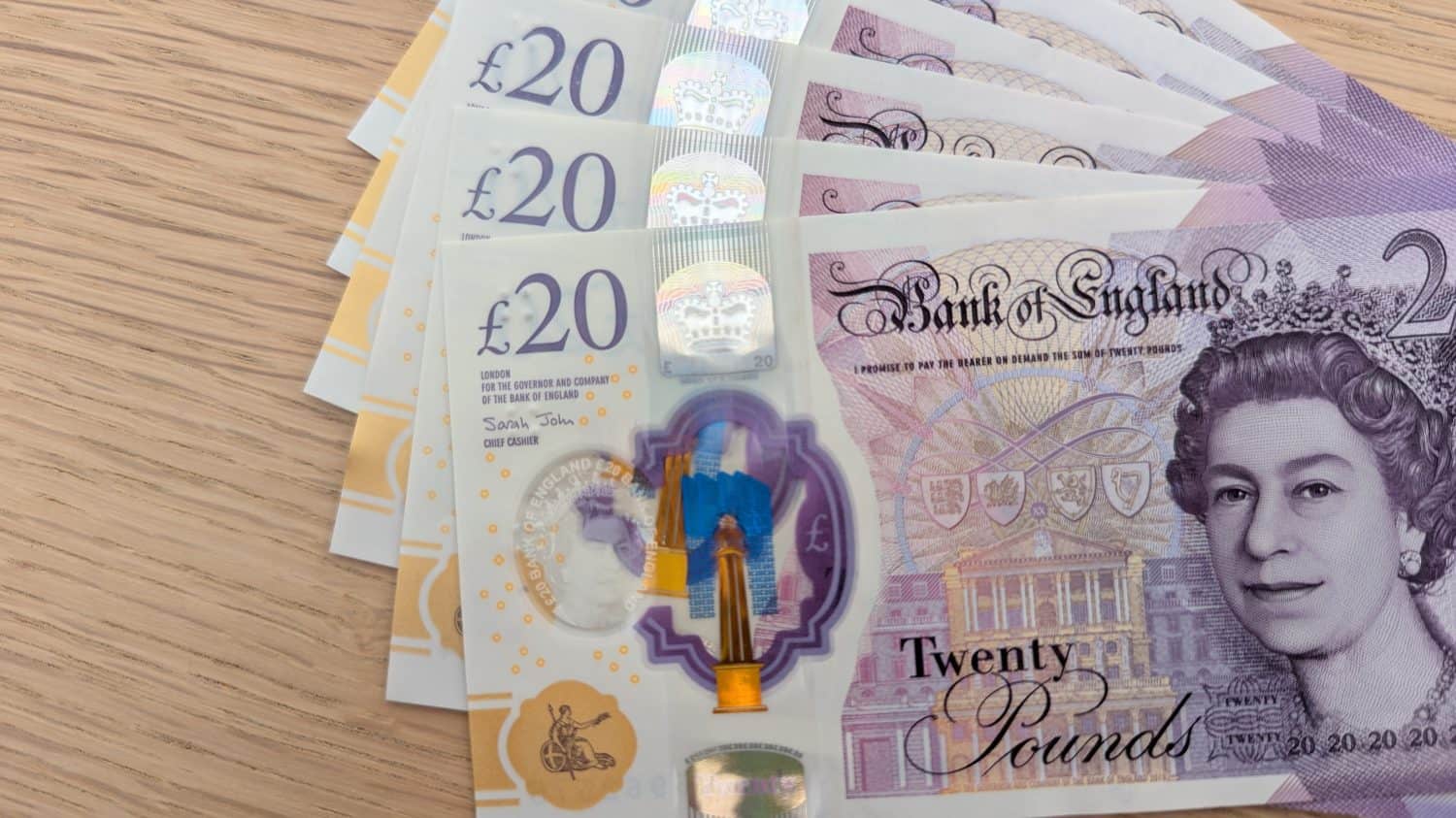
This is one of the oldest currencies in the world. The financial system and government of the United Kingdom are stable, on the whole, and the UK has one of the strongest economies in the world. About 4-5 % of the world’s reserves are held in Britain’s currency.
Problems with the Pound
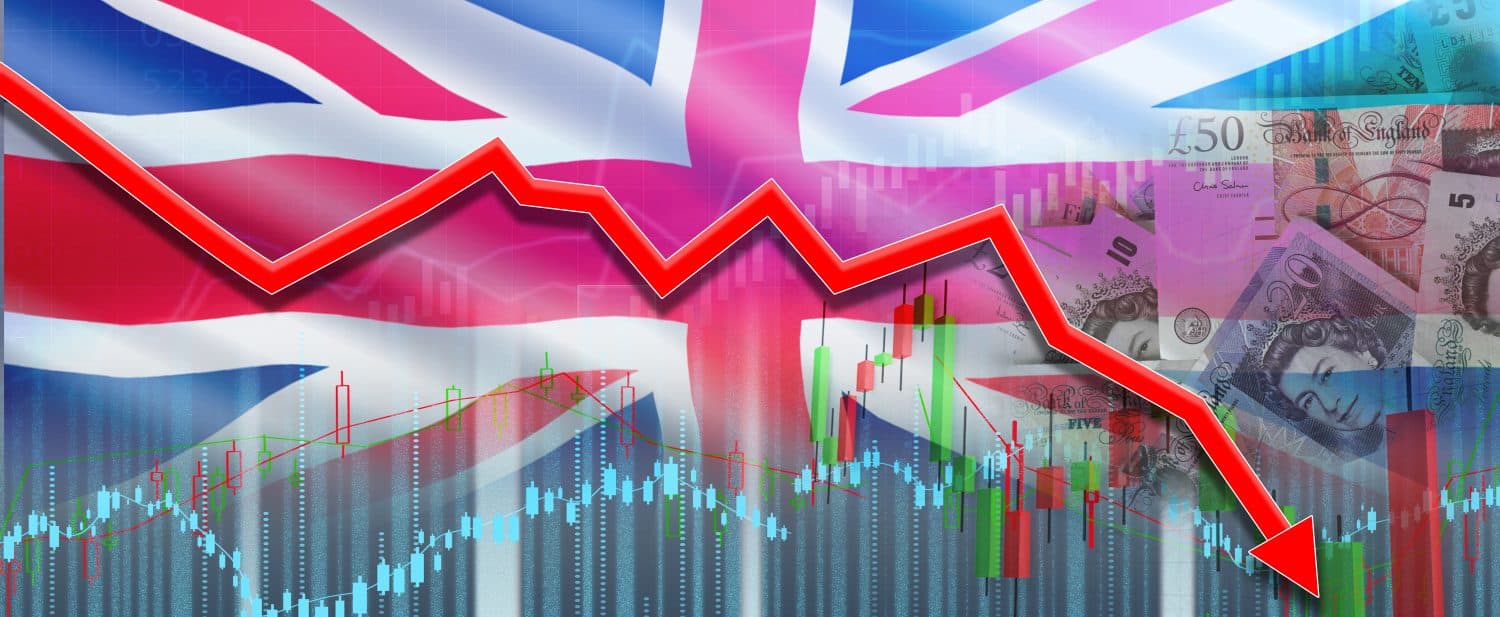
In recent years, unpredictable politics like Brexit (Britain’s withdrawal from the EU) and frequent changes of Prime Minister have created some blips for the Pound Sterling, but have not dethroned it from its trusted status.
Chinese Yuan (CNY)
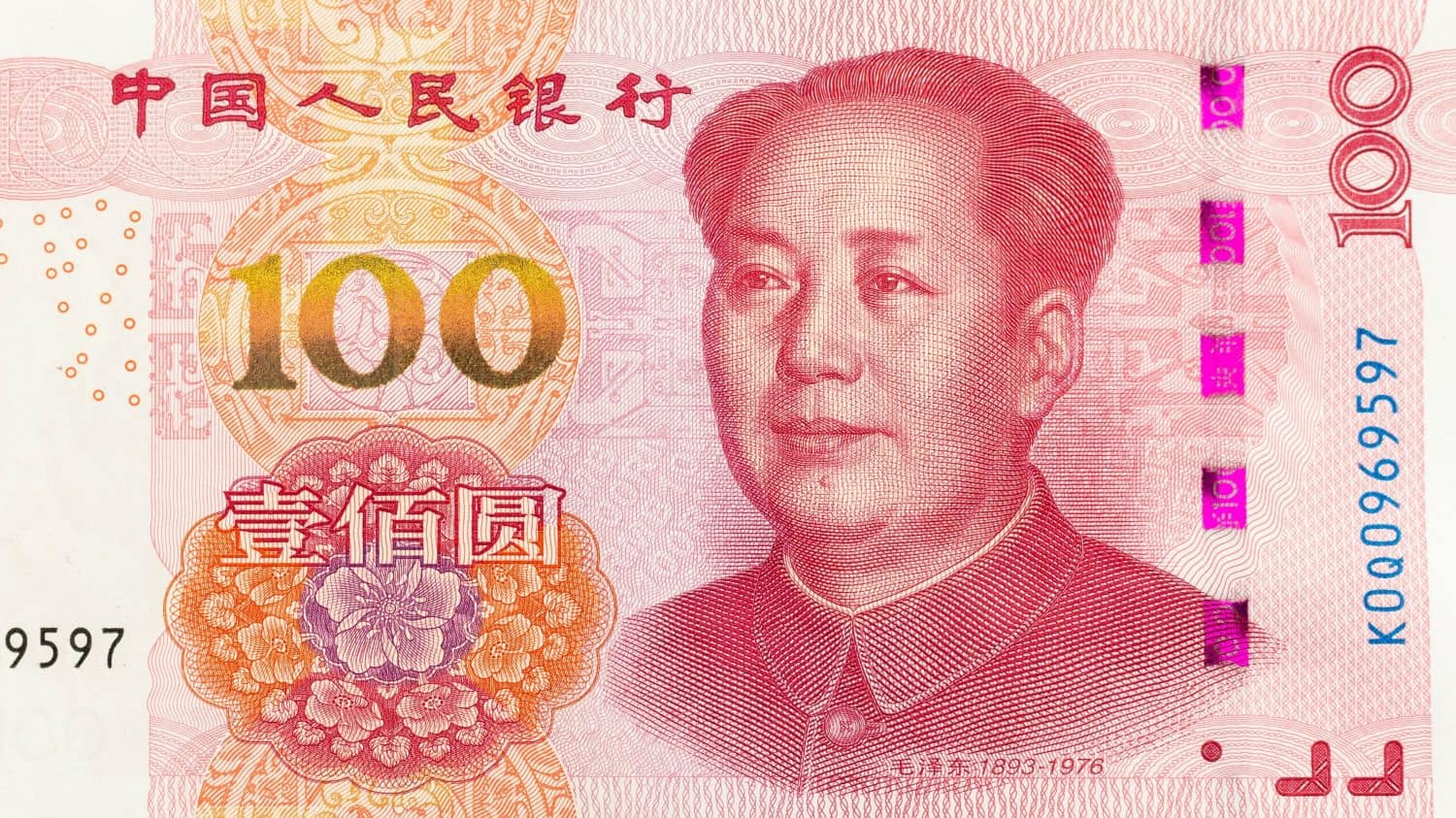
Another name for the Yuan is the Renminbi. It is the most recent currency to be internationally trusted as a reserve currency. It is still smaller than other currencies in this group but trust in it has grown over the years as the Chinese economy has prospered and as China has engaged in large investments in infrastructure in developing countries.
Problems with the Yuan

Unfortunately, of the countries on this list, China is the only one that stands at odds with the United States and its allies. Disputes over trade tariffs, intellectual property rights, spying, and foreign affairs all make investors nervous. If China decides to support Russia more openly in its war in Ukraine, for example, Chinese companies could come under sanctions, damaging its economy and decreasing the value of the currency. Similarly, if China follows through on threats to retake Taiwan by force, this could be expected to crash the value of their currency, which would likely not rebound unless they won the war and escaped from meaningful economic sanctions.
Euro (EUR)
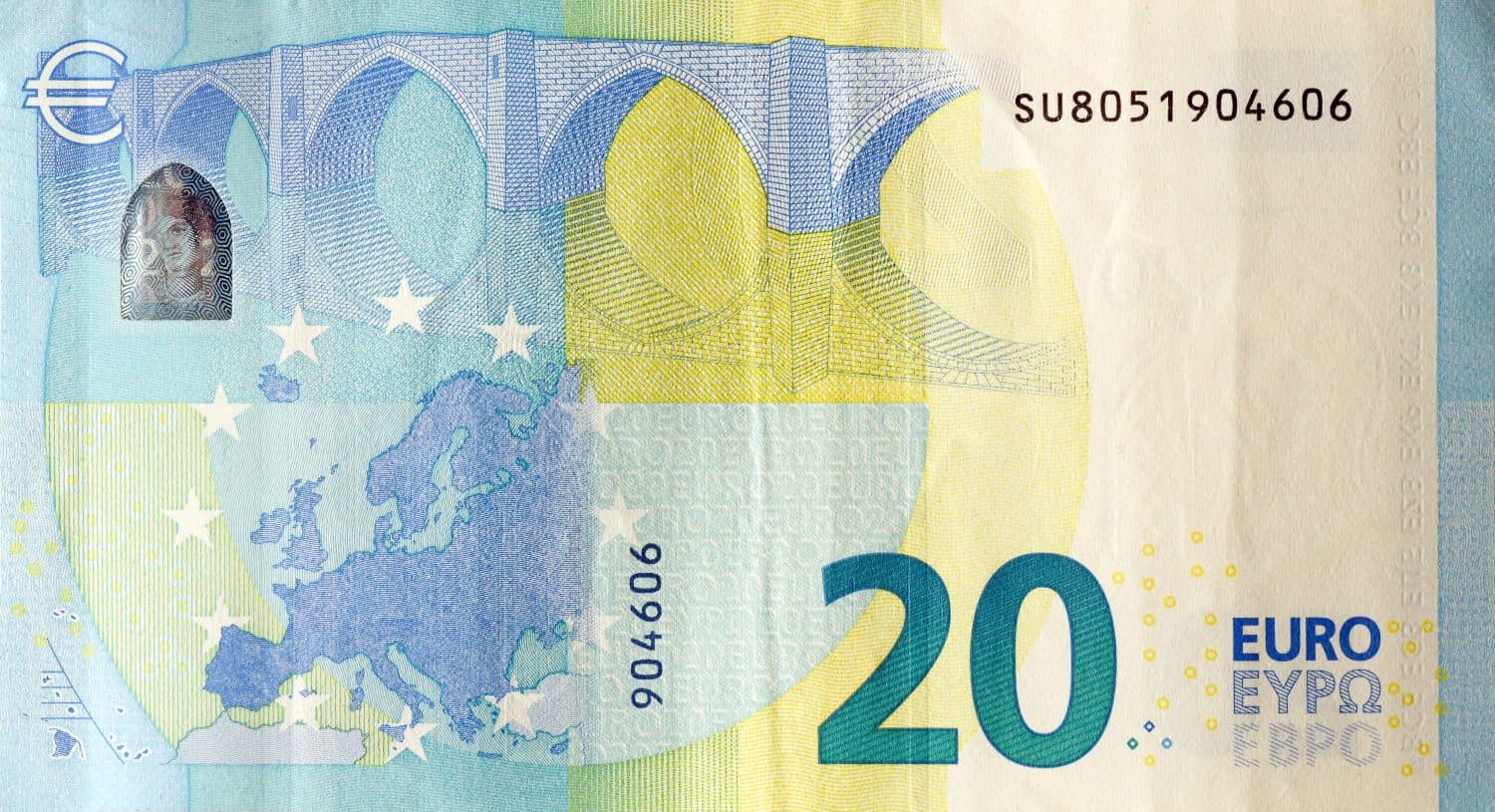
The Euro is a currency that was created by the European Union for its member countries. It replaced the national currencies of Germany, France, Italy, Spain, and other participating nations. About 20% of world currency reserves are held in Euros. It is one of the world’s most stable currencies because of the strong economies and sound economic practices of some of the EU’s major countries.
Problems With the Euro

Smaller countries that are not as wealthy and well-managed can pull the Euro’s value down as these countries require special assistance to work their way out of their budgetary problems. The EU’s bailout of Greece is an example.
Japanese Yen (JPY)
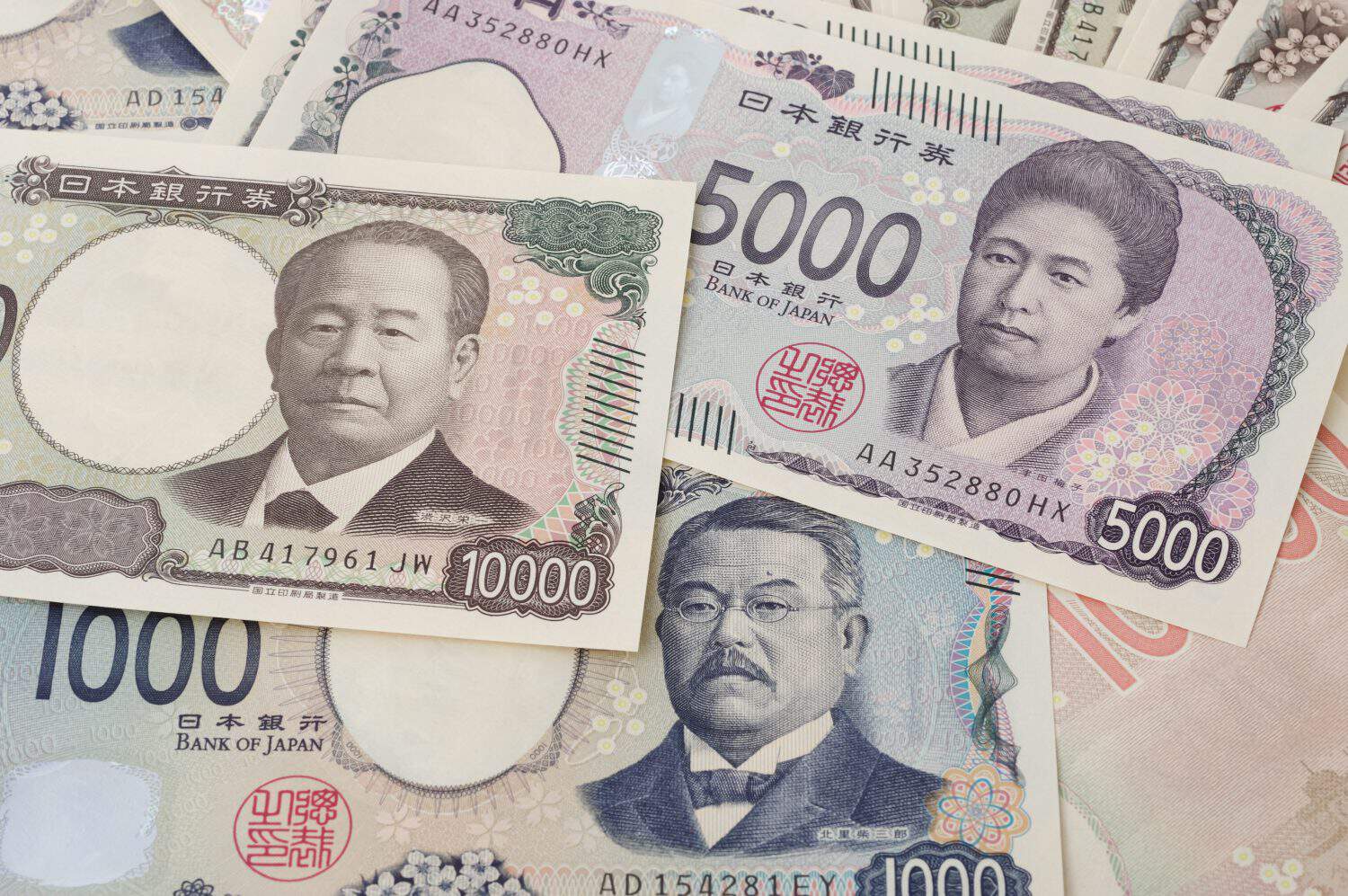
About 5-6% of world currency reserves are held in Yen. Japan has recovered mightily from World War II to become one of the largest and strongest economies in the world. Finding security in an alliance with the United States, Japan has pursued a non-aggressive foreign policy and tried to avoid provoking its neighbors. The country is well-managed, with low inflation and steady growth, and the population is extraordinarily hard-working and talented. The stability of Japanese society and the economy has made the Japanese Yen one of the world’s favored currencies for investment and for international transactions.
Problems With the Yen
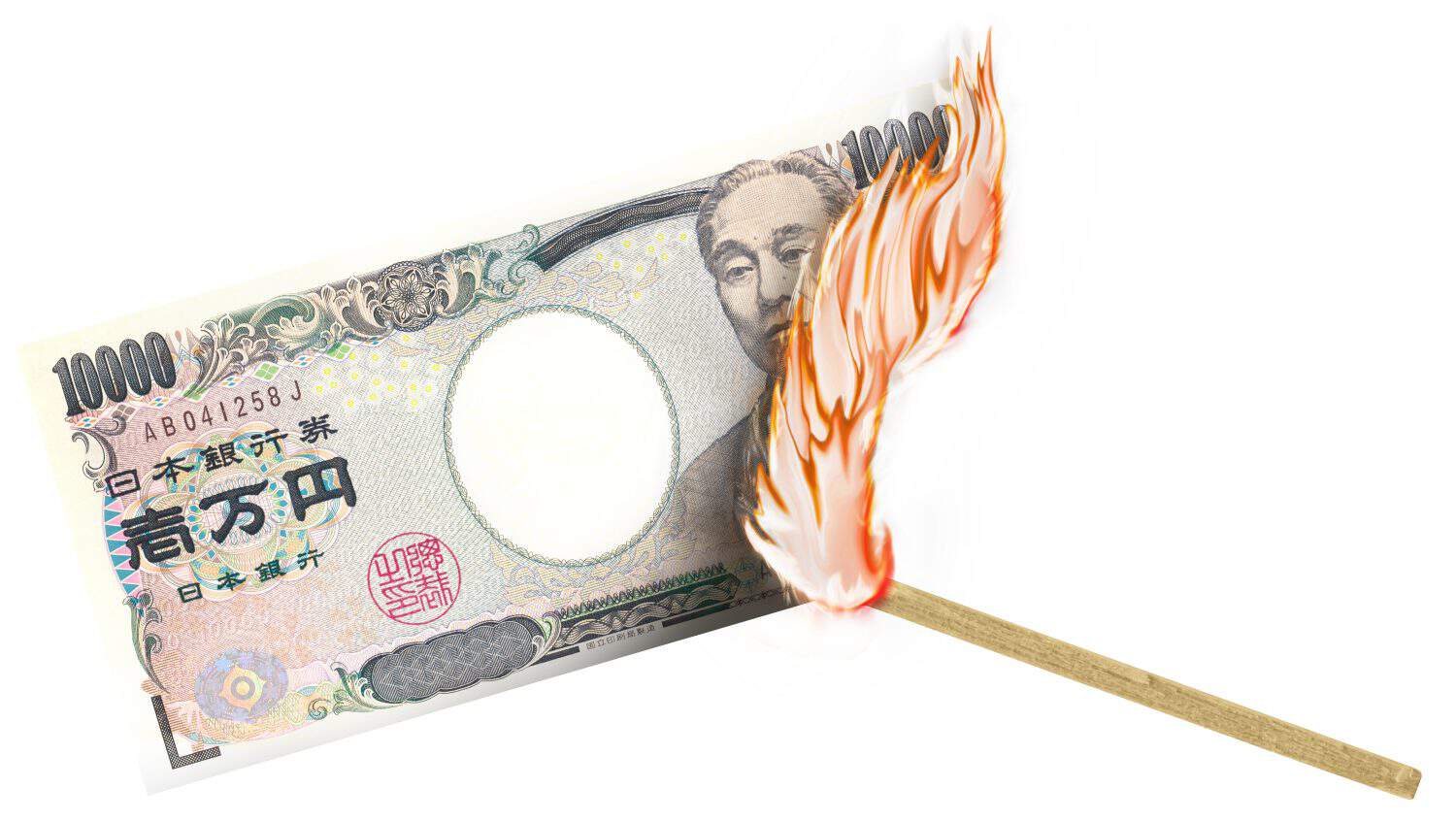
Despite Japan’s markedly non-aggressive foreign policy, it is in a dangerous neighborhood, with Russia to its north and west, North Korea due west, and China west and south. Any of these three countries could disturb the peace of the area, bringing Japan’s economy and currency into doubt.
Swiss Franc (CHF)
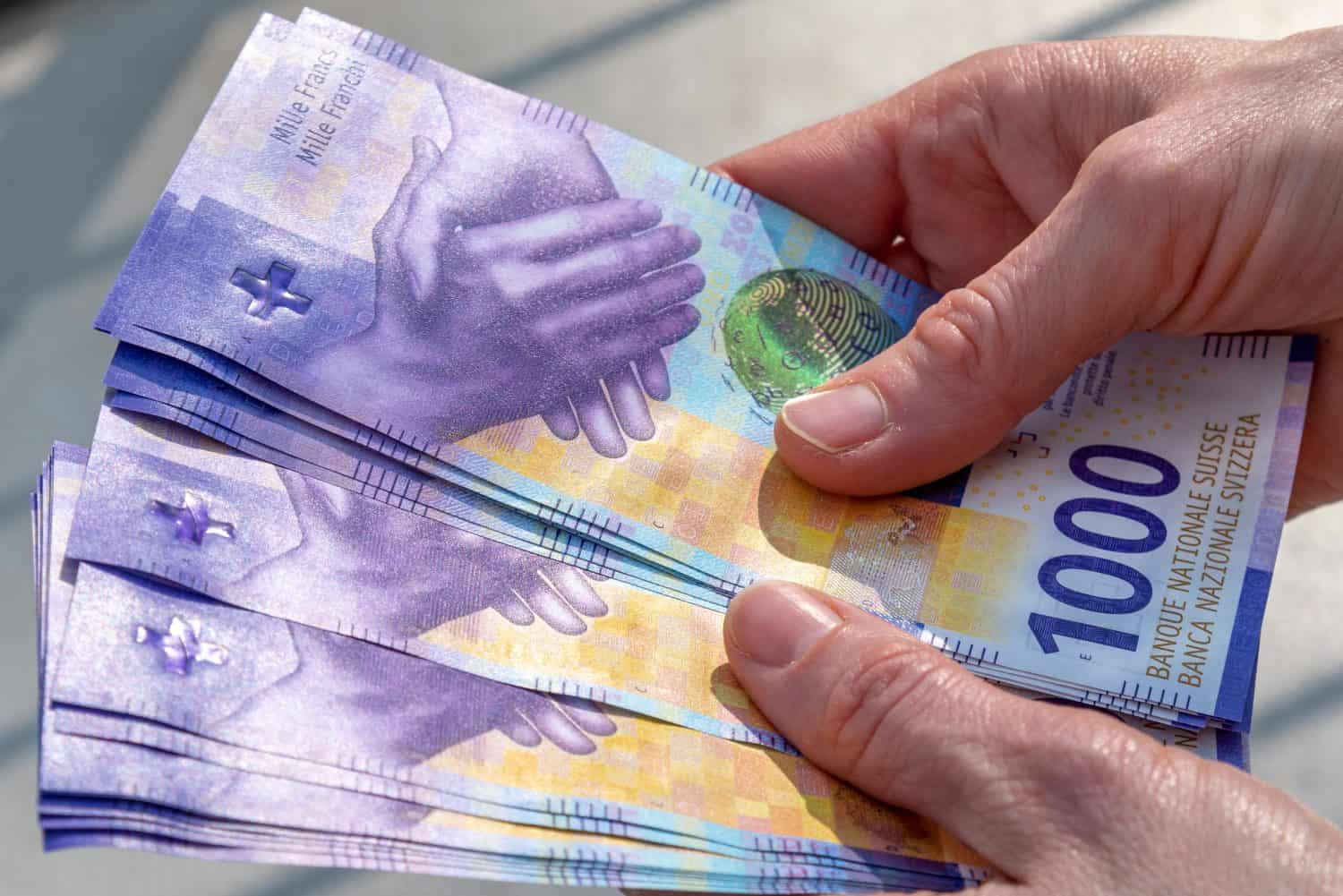
Switzerland is politically stable and economically prosperous. With a long tradition of strict neutrality and confidentiality in banking matters, it is considered a safe haven for people trying to squirrel away fortunes someplace safer than their own country. Because the country is so well-managed financially, the Swiss Franc is a stable currency for investors and savers. 1-2% of global currency reserves are held in Swiss Francs.
Problems With the Swiss Franc
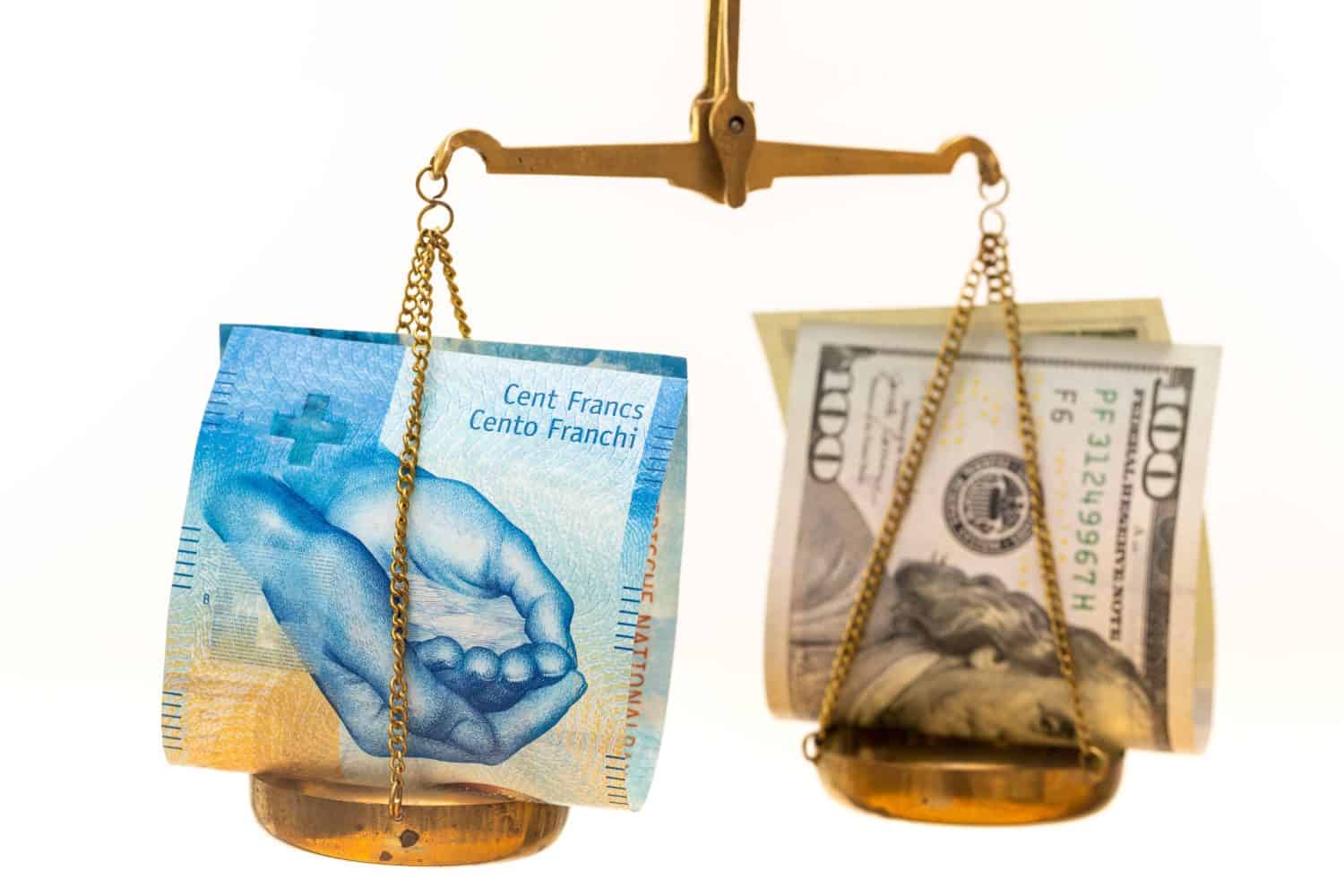
It’s hard to identify too many problems with the stability of the Swiss Franc. However, the Swiss banking system has come under scrutiny in the past for its involvement in confidentially stashing money from questionable sources: corrupt regimes, leaders, and criminals. Switzerland is keen to maintain its trusted status, however, so it is responsive to dealing with such problems when they come to light.
United States Dollar (USD)
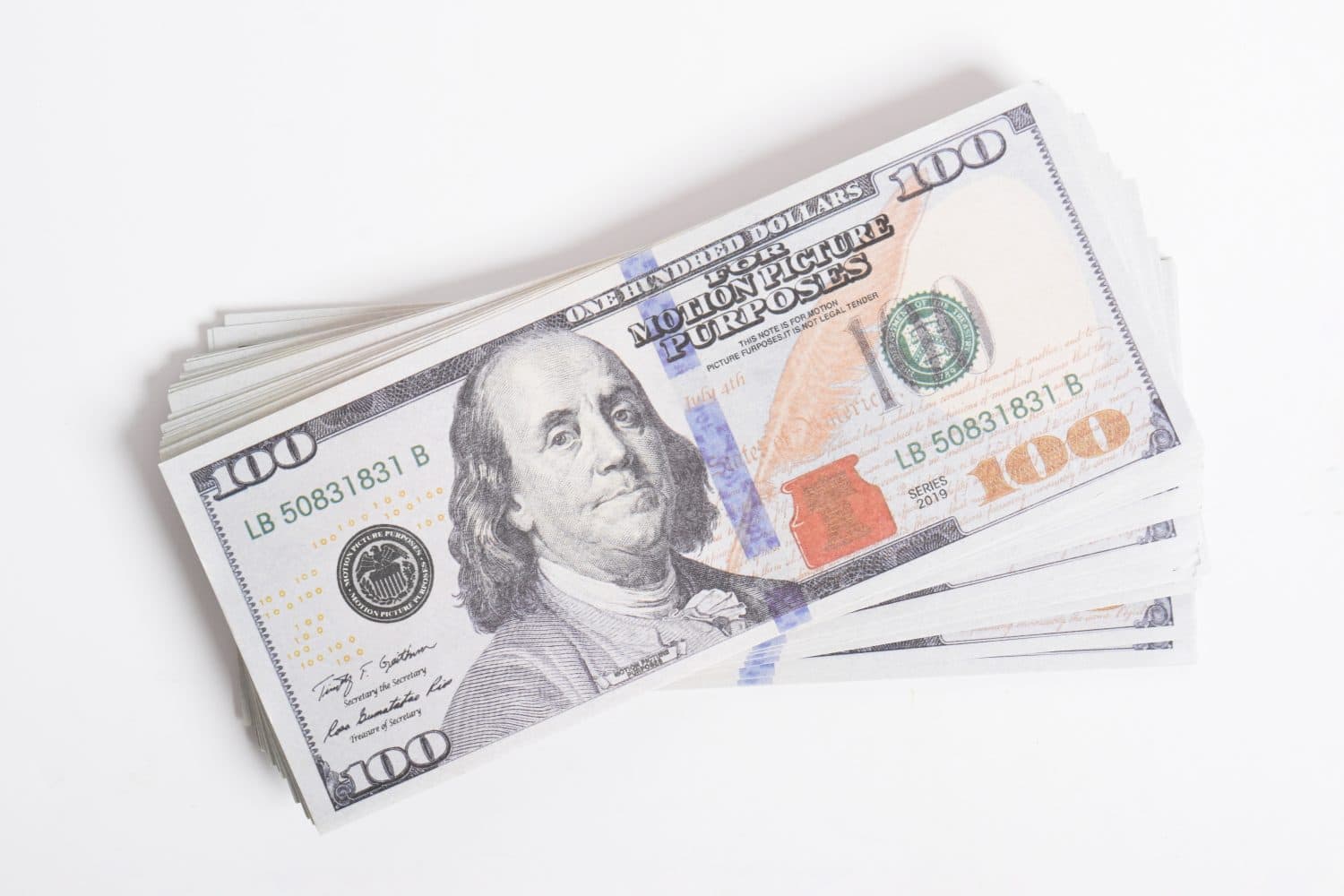
The dollar is the main reserve currency used by governments and banks around the world, even by countries that are unfriendly to the United States. About 60% of world reserves are in dollars, and the dollar is the main currency used for trading important commodities like gold and oil. The dollar retains its value because the American economy is enormous and growing and because the country itself is militarily strong with a relatively stable government.
Problems With the U.S. Dollar
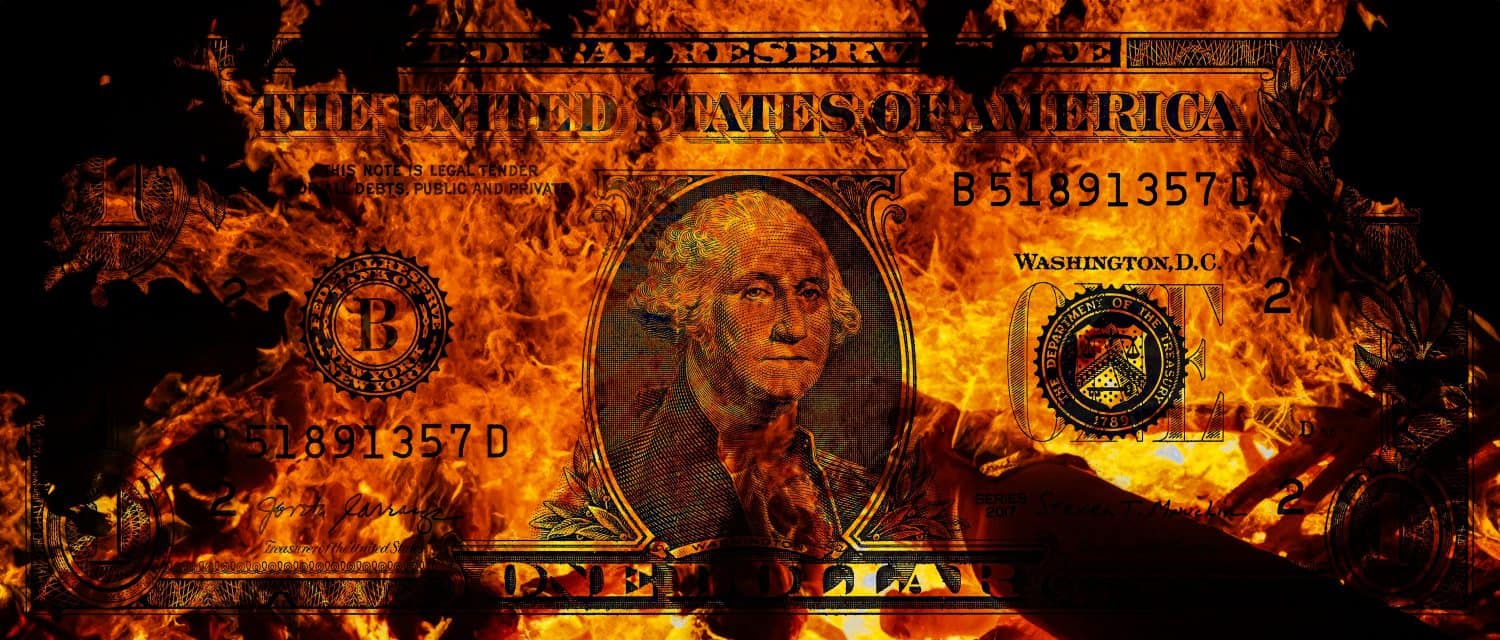
Some threats to the stability of the dollar are issues like the rapidly growing U.S. national debt, political deadlock in the government that interferes with the budget approval process, and the election of radical candidates that try to overturn established processes or obstruct the government’s work.
What Could Cause the Dollar to Collapse?
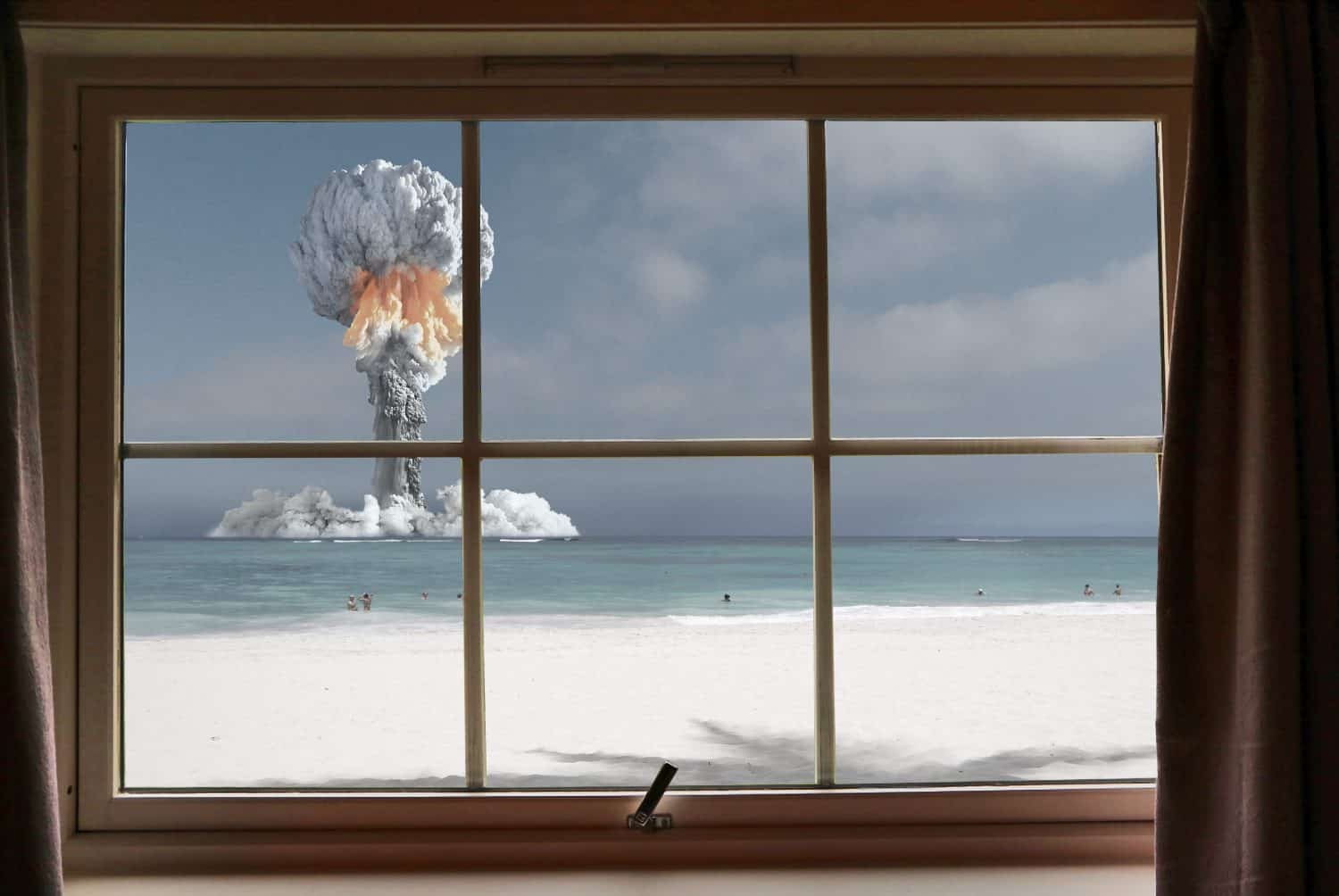
Despite the ups and downs of American domestic and foreign politics, it’s unlikely the dollar would substantially lose its value unless the country had a catastrophe on the order of a civil war, nuclear attack, or a mega natural disaster on a continental scale. Because the dollar is so central to the world economy, disruption to the United States in this way would negatively impact the entire global economy.
Expensive Imports, Empty Shelves
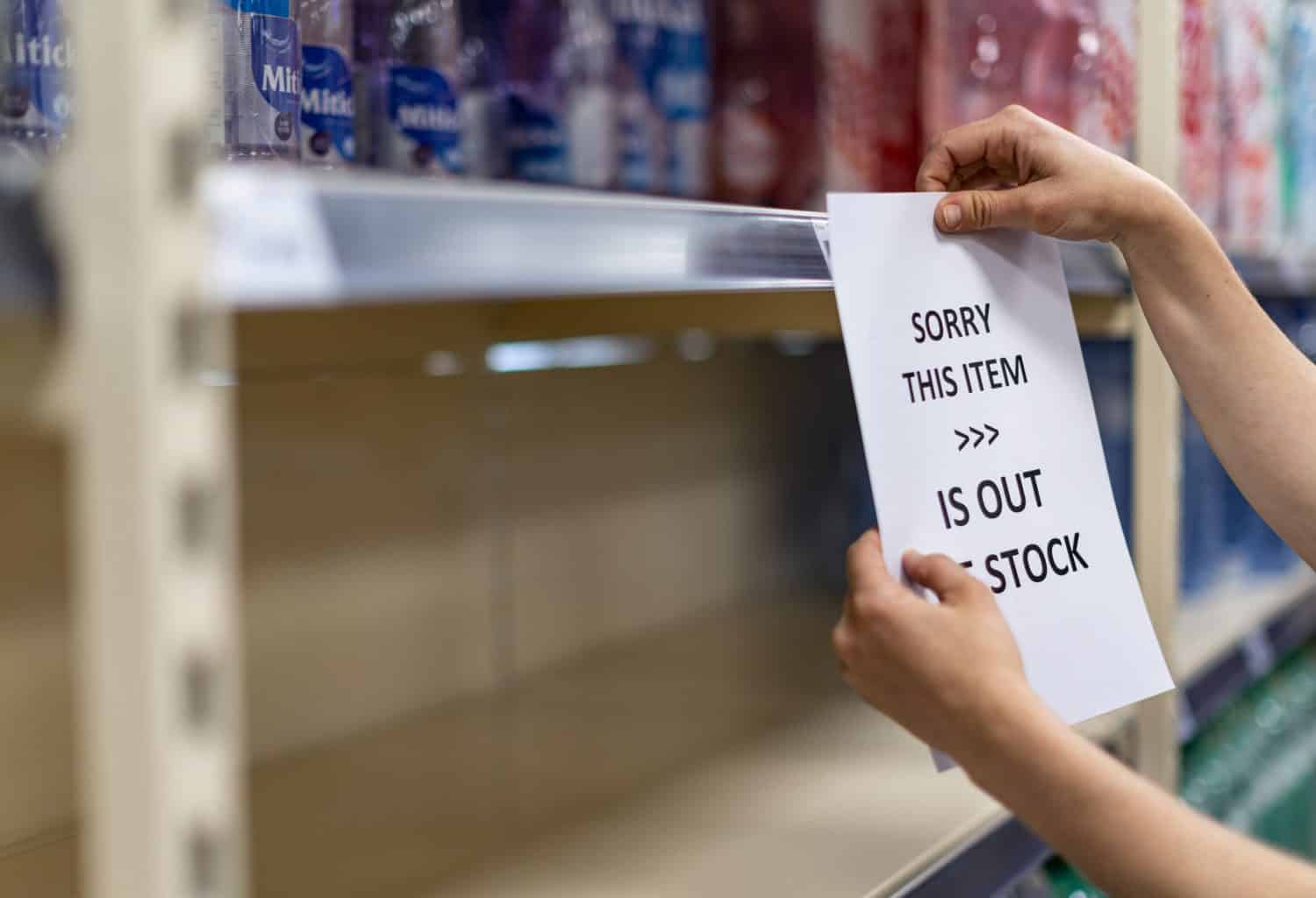
If the world did lose faith in the dollar and investors, banks, and governments began exchanging dollars for more stable currencies, the value of the dollar would drop. This would make imports more expensive and we would see long lines and empty shelves in a lot of our favorite stores. Fuel prices would rise and there may be shortages. It would be more expensive to drive, to heat our homes, and to buy any product that had to be transported anywhere.
Higher Interest Rates, Taxes, and Unemployment

The U.S. government would pay higher interests rates to borrow to fund its deficit. This would raise interest rates for everyone and make it hard to take out small business loans or make big purchases like houses or borrow to pay for college. Unable to borrow all the funds it needed at reasonable rates, the government would be forced to cut spending and raise taxes. This might include laying off employees and reducing active military personnel and defense purchasing. All of this would lead to higher unemployment and a reduction of government services at a time when people needed them more than ever.
More Exports & Overpriced U.S. Products

A weak dollar would make American exports cheaper overseas, so manufacturers might prefer to export goods to eager foreign markets rather than just selling in the struggling American economy. While this means companies that export goods could prosper, it also means that Made-In-the-USA goods and agricultural products could also rise in price for American consumers who could not affort to pay as much as foreigners with stronger currency.
More Foreign Tourists and Investors

Finally, a weak dollar would be a bonanza for foreigners who want to visit the U.S. and for foreign investors who want to purchase U.S. assets. Pounds, Yen, Euros, Yuan, and Francs would buy a lot more. That means a lot more tourists would be able to afford to visit the States, stay longer, and see more. So industries that cater to foreign tourists might do well. And American stocks, bonds, and real estate would also become bargains for people in other countries, who could more easily buy up companies and land.
A Lower Standard of Living

All these exports and foreign dollars spent and invested in the U.S. would restructure and revitalize the American economy over time and create new jobs to replace those that had been lost. But at least for a transitional period, it would be an economy in which many average Americans would have a lower standard of living and find that the focus their work had shifted to serving the needs of people in other countries.
What’s the Point?

Will the worst case scenario happen? Highly unlikely. But it’s useful to understand that on a lesser scale, these are some of the economic ripple effects that can happen and affect ordinary American’s lives when there is instability in the United States or other leading countries. It emphasizes the fact that the American economy is deeply linked with that of the world, impacted by, and impacting world events. It’s a good reminder that, in the 21st century, cutting ourselves off from the world is not an option.
100 Million Americans Are Missing This Crucial Retirement Tool
The thought of burdening your family with a financial disaster is most Americans’ nightmare. However, recent studies show that over 100 million Americans still don’t have proper life insurance in the event they pass away.
Life insurance can bring peace of mind – ensuring your loved ones are safeguarded against unforeseen expenses and debts. With premiums often lower than expected and a variety of plans tailored to different life stages and health conditions, securing a policy is more accessible than ever.
A quick, no-obligation quote can provide valuable insight into what’s available and what might best suit your family’s needs. Life insurance is a simple step you can take today to help secure peace of mind for your loved ones tomorrow.
Click here to learn how to get a quote in just a few minutes.
Thank you for reading! Have some feedback for us?
Contact the 24/7 Wall St. editorial team.



